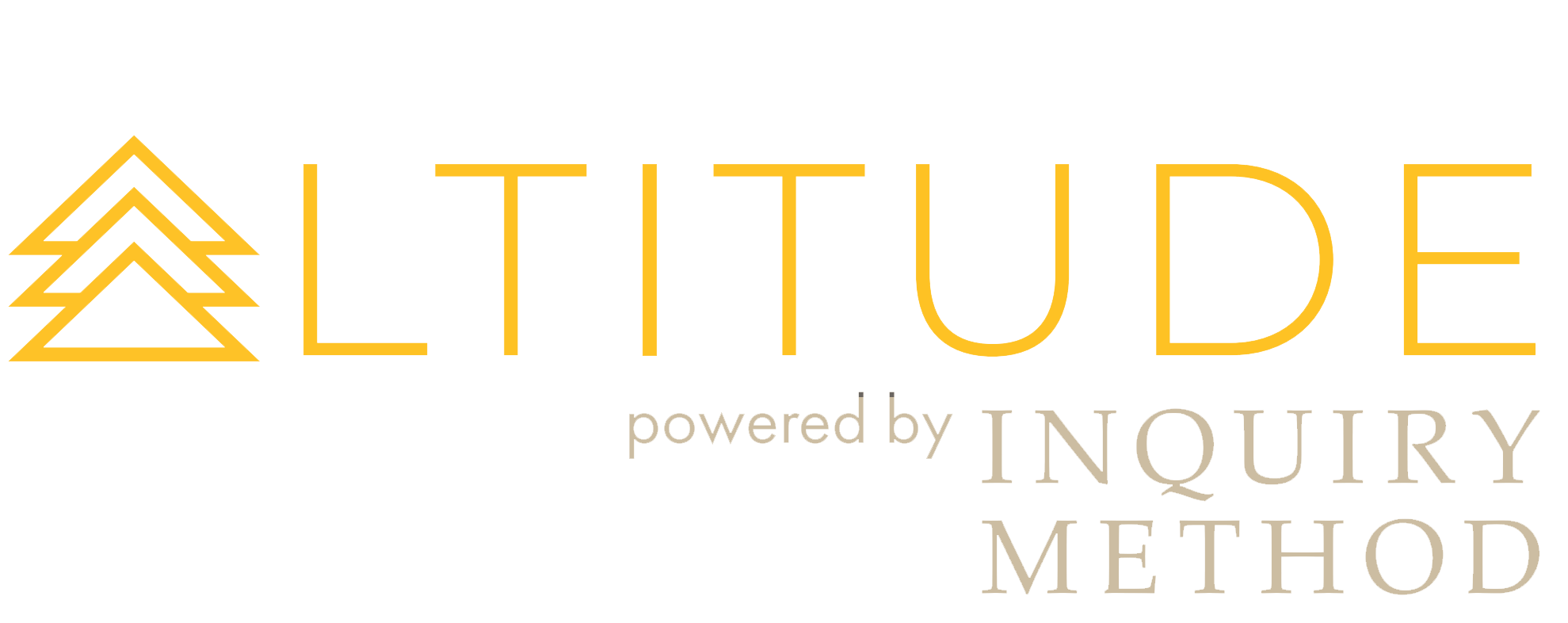Inquiry Management in Business
Accountability is the single most valuable asset you can have in your business. You can see this just by looking at the difference in performance, responsibility and commitment of an owner versus an employee. When there is ownership, there is huge accountability. With ownership, you have to be responsible, responsive and aware because your well-being, future, and fortunes are riding on the success of the business.
The most common business complaint I hear is that employees are not accountable; they don’t have the same commitment as an owner. It is true and will always be true. Even when we create profit-sharing plans, offer bonuses, etc. we don’t get the same kind of accountability in employees as we do with owners. This will always be true for a couple of reasons.
The primary reason is that people who want to work for others are different from people who want to create and run businesses. Employees want more security and less accountability; entrepreneurs and business owners want freedom, they want to be accountable to only themselves and the market, they believe in their own capacity, they have something unique to express and want to do that.
It takes skill and leadership to guide someone who wants security and less responsibility toward a sense of accountability. This leadership skill is what Inquiry Management is designed to do, to create accountability and engagement. As leaders, we need to be able to mentor and teach our employees to trust and invest in themselves, to actively engage in their own success within the company. This is what great leaders do, they teach and inspire people to not only do their best but to believe in themselves and their contribution.
The greatest key to a successful business is having a team that can not only work well together but also that can respond and believe in themselves like they are entrepreneurs.
As leaders, to be able to do this we must be able to recognize where each person’s level of development is and then to give them what they need to advance; the template I have created for this knowledge is what I call the Levels of Participation.
The other skill we need to be able to lead people in this way is the skill of mentoring, which I call Inquiry Management; it is both a methodology for mentoring and a framework for managing businesses.
The more accountability a leader can create the more, they become redundant because they have created a team that thinks for themselves and acts in alignment with the leader’s vision.
